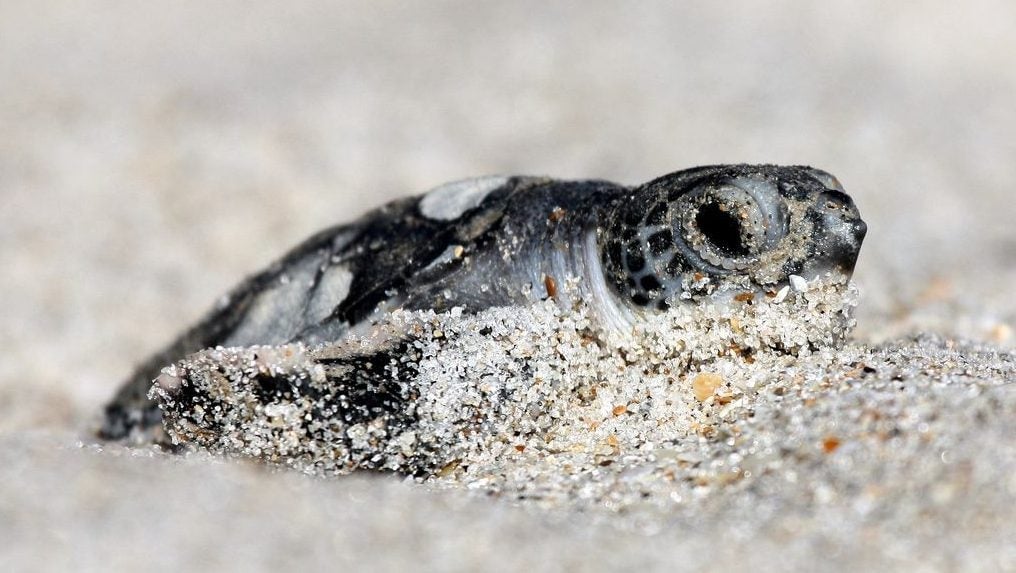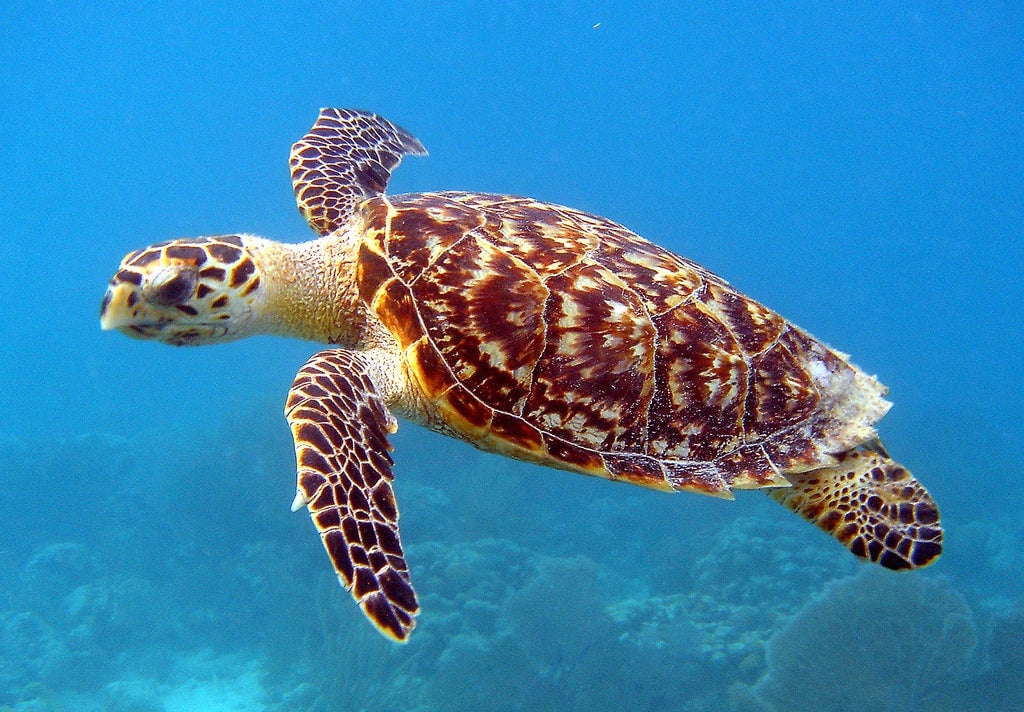That’s it, we’ve done it, we’ve stuffed every sea turtle’s gut with plastic
The human folly of making ubiquitous a material that can break down into smaller and smaller particles, but never degrade, has reached yet another milestone in its macabre history.


The human folly of making ubiquitous a material that can break down into smaller and smaller particles, but never degrade, has reached yet another milestone in its macabre history.
Every single sea turtle a group of researchers analyzed had microplastic in its gut.
The researchers, from institutions in the UK, US, and Australia, looked for plastic in 102 sea turtles, representing all seven species of sea turtle in the world. The animals came from the Atlantic ocean, Pacific ocean, and Mediterranean sea. And every single one had eaten plastic.
The title of the paper they published on Tuesday (Dec. 4) in Global Change Biology just about sums it up: “Microplastic ingestion ubiquitous in marine turtles.”
More than 800 pieces of plastic were found in the turtles’ guts overall, but the researchers write that the “total number of synthetic particles within the whole gut is likely to be the order of 20 times higher,” because they only sampled a small section of each turtle’s digestive system.

The majority of the particles were synthetic fibers, of the sort that sheds from polyester and acrylic clothing in large numbers during every wash cycle. (A 2016 study found 13 pounds (6 kg) of acrylic sweaters shed an estimated 729,000 fibers per wash in a typical washing machine.) In most cases, our waste water eventually flows into the ocean, where it comes into contact with turtles and other marine life.
Most of the fibers researchers found inside the sea turtles were blue and black in color. As I write this I am wearing black acrylic pants I pulled from the wash this morning.
The rest of the particles found were microbeads (which are used, for example, in exfoliating bath products) and plastic fragments, which break down from virtually all plastic objects.
We haven’t referenced plastic bags in this article yet, because, though it is possible some of the plastic fragments in the turtles came from these, the study doesn’t identify the originating sources of the fragments. So I’ll just mention that a pilot whale that normally ate squid and jellyfish died after swallowing 80 plastic bags in Thailand in June, and a sperm whale washed up on the shore of Spain with 64 lbs of plastic and waste in its stomach in April. Have a good day.